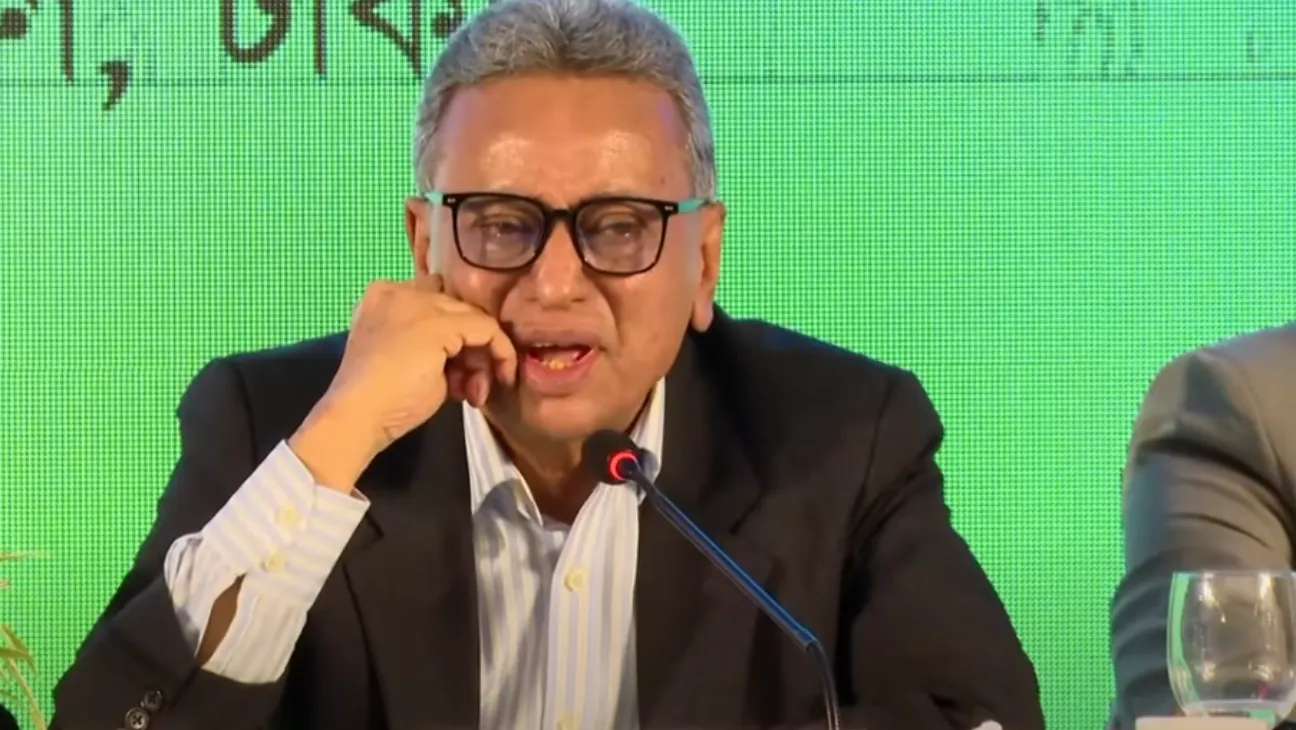BNP Standing Committee member Amir Khasru Mahmud Chowdhury has criticized Bangladesh’s interim government for adopting the budget framework of the previous Awami League administration instead of introducing an interim plan of its own.
Speaking at a dialogue hosted by the Centre for Policy Dialogue in Dhaka on Sunday, Khasru said the government missed an opportunity to signal a new direction. The event marked the first anniversary of the interim administration.
“The budget of fascist nature did not need to be carried forward. The interim government should have given an interim budget,” he said.
Khasru described a shift in public sentiment following the political change last year. According to him, no political party or leader can ignore this shift and still expect to survive in the new environment.
He argued that many national issues could be resolved if open discussion continued without fear or restriction. “The practice of hurling insults in speeches must stop. Democracy means listening to and tolerating others’ opinions and respecting their views,” he said.
Khasru linked political reform directly to the country’s stability. He noted that nations holding elections soon after major political transitions often fared better, while delays tended to fuel unrest.
ALSO READ | Tarique Rahman Pledges Return to Bangladesh, Sets BNP’s 31-Point Reform Plan
Concerning the mission of the interim administrative authority, he identified the foremost obligation as the re-establishment of democratic rule, thereby returning “proprietorship of the nation to its citizenry.” He characterized the prevailing moment of consensus-building as positive, remarking that “divergent ideological perspectives will inevitably coexist, yet all must engage collaboratively.” He concluded that “any externally dictated alteration will lack the durability necessary to withstand the test of time.”
Turning to economic concerns, Khasru acknowledged that the interim government had not attracted significant investment, but he stopped short of blaming them. “Bangladesh ranks very low in investment. Without serious deregulation and liberalization, the economy will not progress.”
He called upon the state to diminish its direct oversight of commercial undertakings, to delegate additional responsibilities to sectoral associations, and to roll back superfluous regulatory measures that, in his view, engender corrupt practices. “Economic life must be rendered democratic, such that every actor has a stake,” he asserted.
This colloquium assembled legislators, economists, and policy advisers, rendering visible the continuing contest over the nation’s constitutional governance and the trajectory of its development strategy.









